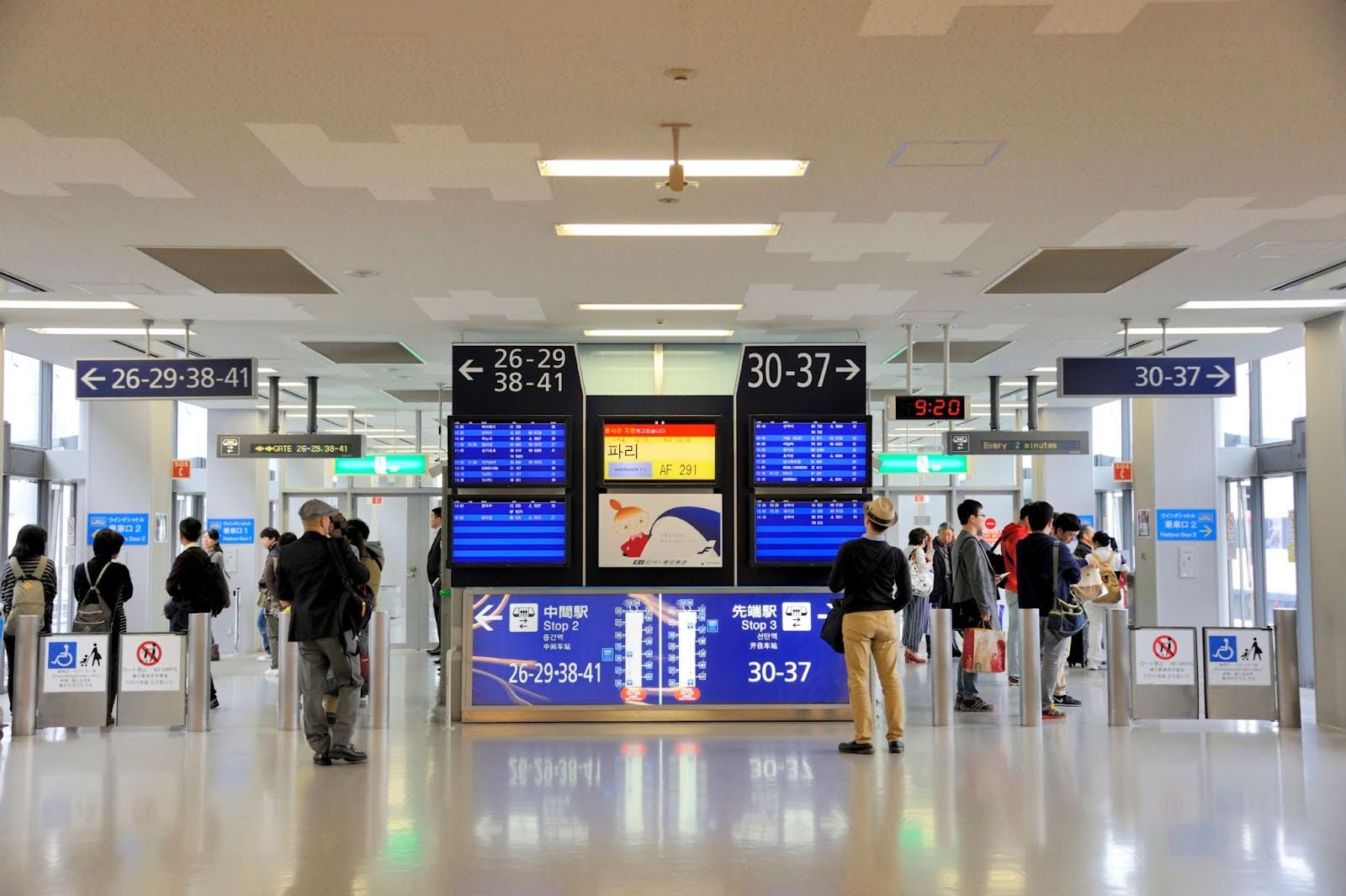Japan Requires TB Testing for Six Nations Travellers
In 2024, Japan is set to enforce mandatory tuberculosis (TB) tests for travelers from six specific countries who plan to stay in Japan for over three months. The affected nations encompass the Philippines, Vietnam, China, Indonesia, Nepal, and Myanmar.

Tuberculosis Incidence and Targeted Nations
Tuberculosis infections in Japan have remained relatively low, standing at 8.2 cases per 100,000 in 2022, a statistic categorized as a low incidence by the World Health Organization. However, Health Minister Keizo Takemi pointed out that a significant number of new tuberculosis cases in Japan originate from these six countries, necessitating the stringent testing requirements.
Tourist Statistics and Health Concerns
Despite the low tuberculosis incidence in Japan, data from Japan’s National Tourism Organization highlights the country's high tourism numbers. Approximately 19.8 million visitors arrived in Japan during the first ten months of a recent year, with notable figures including over 320,000 tourists from mainland China and 150,000 from Hong Kong.
However, while addressing tuberculosis concerns, Japanese health authorities also emphasize a worrisome rise in syphilis cases. Japan reported a record 12,000 cases of syphilis last year, with nearly 12 percent of these cases attributed to individuals arriving from abroad.
Tuberculosis Comparisons and Quarantine Measures
Comparatively, while Japan holds a low tuberculosis incidence rate of 8.2 cases per 100,000, mainland China reported a higher rate of 52 cases per 100,000, and Hong Kong documented 50.13 cases per 100,000 in 2021.
Individuals displaying symptoms or testing positive for tuberculosis upon arrival will be subject to quarantine measures. This stringent approach aligns with Japan’s commitment to protecting public health.
Shift in COVID-19 Testing Approach
In February 2023, Japanese authorities altered their approach to COVID-19 testing for travelers arriving from China. Chief Cabinet Secretary Hirokazu Matsuno announced the abandonment of universal testing for all travelers from China. Instead, the government adopted a selective approach, subjecting only specific randomly chosen individuals upon arrival to mandatory COVID-19 testing in Japan.
Japan continues to refine its travel protocols, balancing health precautions with international travel accessibility.
FAQ
- Which countries are affected by Japan's mandatory tuberculosis testing requirements?
Japan has mandated tuberculosis (TB) tests for travelers from six nations: the Philippines, Vietnam, China, Indonesia, Nepal, and Myanmar. Travelers intending to stay in Japan for more than three months from these countries must undergo TB testing.
- What is the rationale behind Japan's decision to implement TB testing for travelers from these nations?
Despite Japan's relatively low tuberculosis incidence rate of 8.2 cases per 100,000 people in 2022, a notable number of new TB cases originate from these specific six countries. The testing requirement aims to prevent the potential spread of tuberculosis within Japan and ensure public health safety.
- How does Japan's tuberculosis incidence compare with the affected countries?
Japan's tuberculosis incidence remains low in comparison to some of the targeted nations. While Japan reported 8.2 cases per 100,000 people in 2022, mainland China registered a higher rate of 52 cases per 100,000, and Hong Kong documented 50.13 cases per 100,000 in 2021.
- Are there any additional health concerns prompting Japan's focus on TB testing for international travelers?
In addition to tuberculosis concerns, Japanese health authorities are alarmed by a significant rise in syphilis cases. Around 12 percent of new syphilis cases in Japan are attributed to individuals arriving from abroad. This situation contributes to heightened health vigilance at the borders.
- What happens if individuals test positive or show symptoms upon arrival in Japan?
Individuals displaying symptoms or testing positive for tuberculosis upon arrival in Japan will be subject to quarantine measures to prevent the potential spread of the disease. This approach aligns with Japan's commitment to safeguarding public health and safety.
How to Apply for a Japan eVisa
- Step 1: Fill out the online application form with your personal details and passport information.
- Step 2: Proceed to securely make an online payment using your credit card.
- Step 3: Check your email for the confirmation of payment and the receipt of your Japan eVisa, which will be sent electronically.
